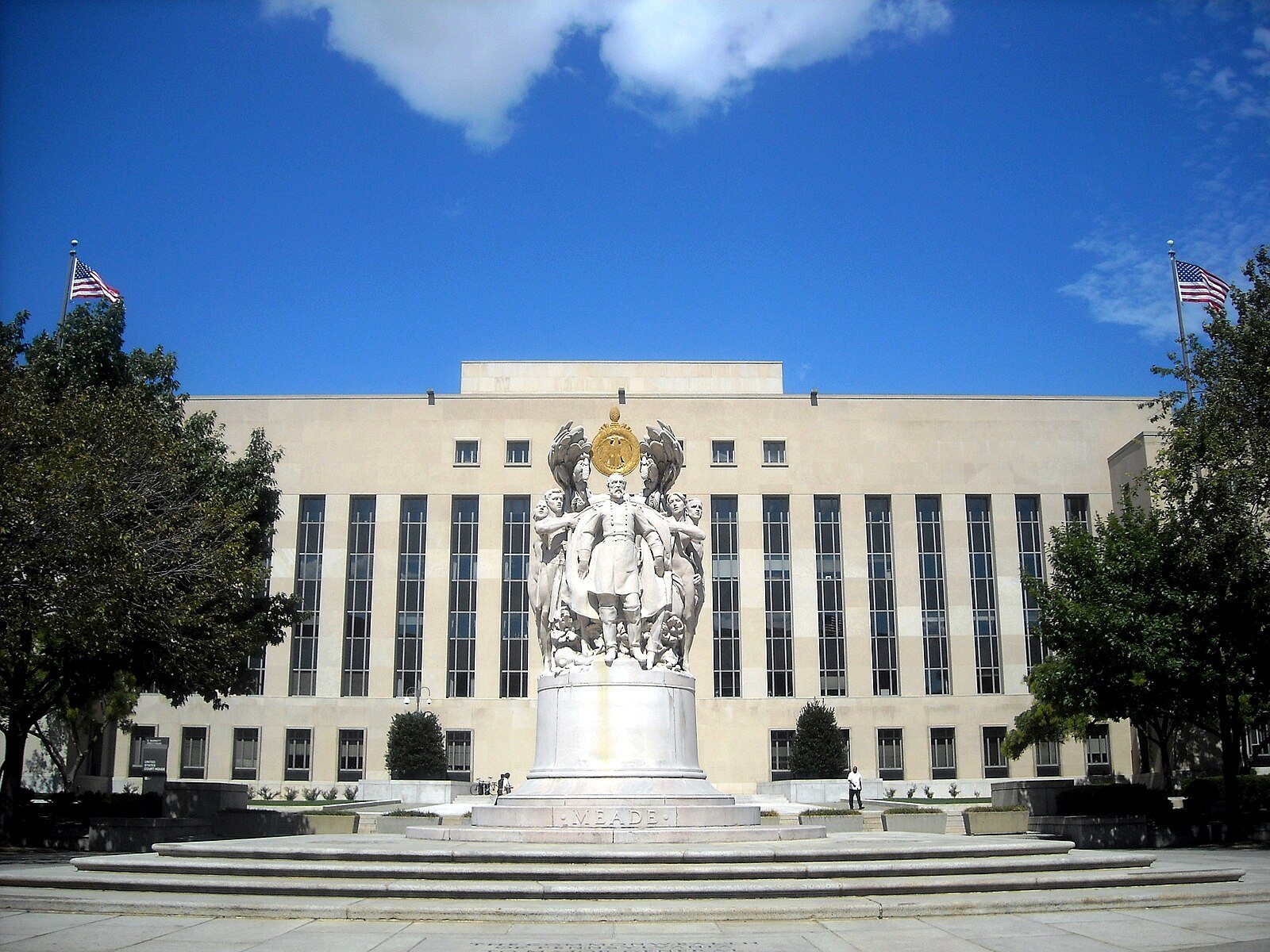Steptoe Cyberlaw Podcast, Episode #22: An Interview with Ron Deibert
We begin this week’s podcast with Edward Snowden’s NBC interview and the kerfuffle over his claim to have raised concerns about the agency’s intelligence programs before he launched his campaign of leaks. That leads us (or me, at least) to a meditation on Snowden’s style of truth-telling, which turns out to be almost indistinguishable from, well, lying (for more, see my recent post on that topic). We puzzle over the New
Published by The Lawfare Institute
in Cooperation With

We begin this week’s podcast with Edward Snowden’s NBC interview and the kerfuffle over his claim to have raised concerns about the agency’s intelligence programs before he launched his campaign of leaks. That leads us (or me, at least) to a meditation on Snowden’s style of truth-telling, which turns out to be almost indistinguishable from, well, lying (for more, see my recent post on that topic). We puzzle over the New York Times’ effort to rouse the lumpenproletariat against face recognition by tying it to the National Security Agency. And China responds to the indictment of its hackers by (yawn) pointing to old Snowden documents.
The FTC-LabMD fight moves to grassy knoll territory, with new players showing up to plead the fifth, and the House Oversight Committee leaping into the fray. Really, put some popcorn on.
In less entertaining FTC news, the agency issues a long report on data brokers that ends, predictably, with calls for more FTC authority and greater regulation.
Google starts to spell out how it will implement the right to be forgotten. I surmise that Python scripts will be involved, and our guest, Ron Deibert, expresses unease about how this is all going to work out on a global stage.
NSL transparency is back in court, John Bolton becomes the Iranian cyber army’s favorite neoconservative, and we ask what role the US government played in TrueCrypt’s self-immolation (hint: none).
Ron Deibert is our guest for the podcast. He’s the director of the Canada Centre for Global Security Studies and the Citizen Lab at the Munk School at the University of Toronto.
Ron opens the door to a much less US-centered tour of cyberspace policy. We hear about the Stockholm Internet Forum, and its reluctance to invite Greenwald, Poitras, or Snowden. We dig into the risks posed by Western exporters of surveillance programs – and reformers’ gradual, painful discovery of aging export control chestnuts like foreign availability and the difficulty of controlling code. Ron previews Citizen Lab’s next report, looking at the Chinese agents who have systematically pillaged the networks of civil society. And we even unearth that rarest of beasts – a Canadian privacy scandal – as Ron labors to explain exactly what the Canadian version of NSA was doing with all those mobile phone wifi credentials in Canada’s airports. He even ends with a kind of left-handed compliment to the quality of US intelligence oversight.
Stewart A. Baker has a law and consulting practice in Washington. His government service include three and a half years at the Department of Homeland Security as its first Assistant Secretary for Policy as well as a tours of duty as General Counsel of the National Security Agency and as General Counsel of the commission that investigated US intelligence failures in the runup to the invasioin of Iraq.


.jpg?sfvrsn=407c2736_6)


